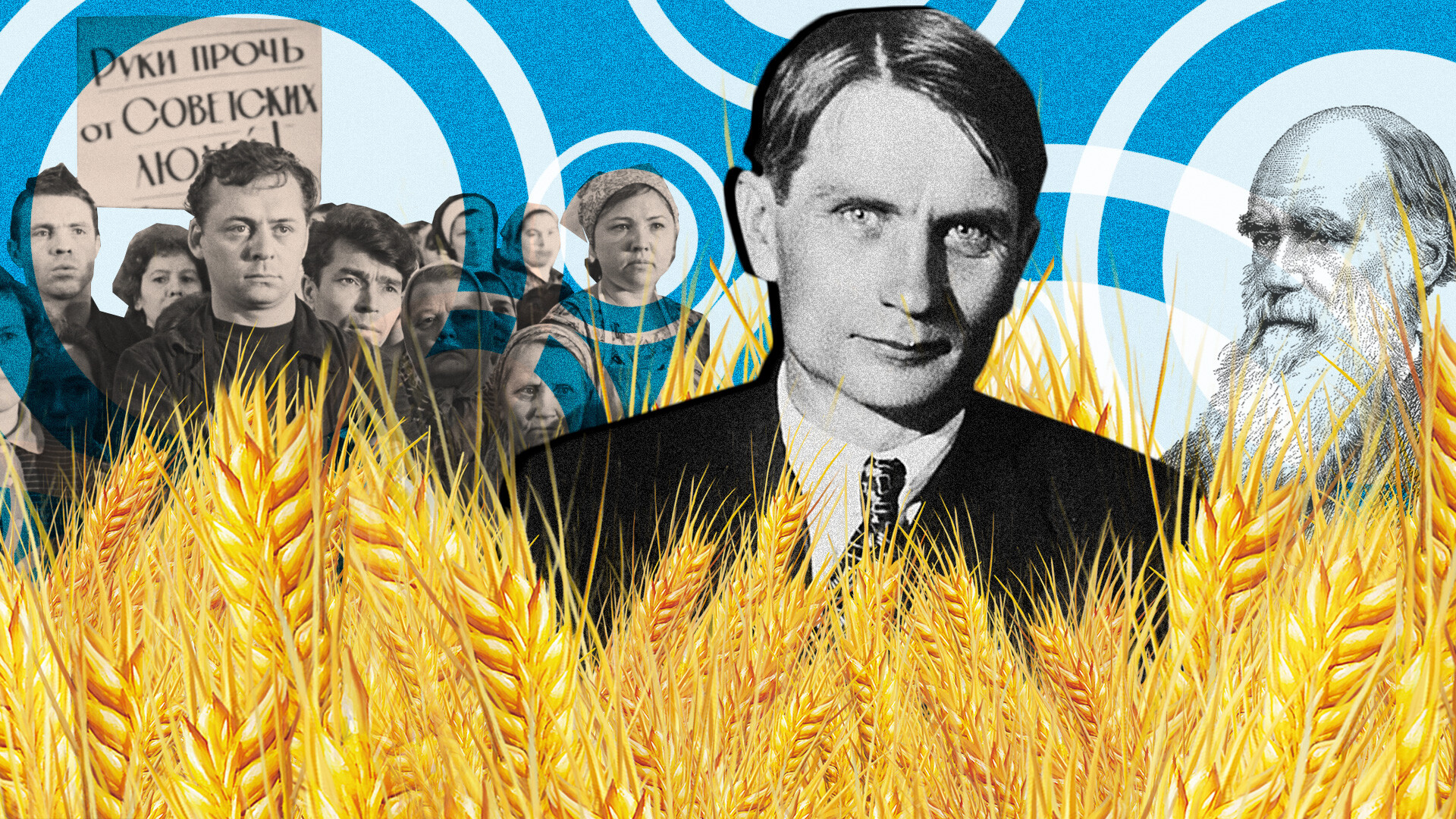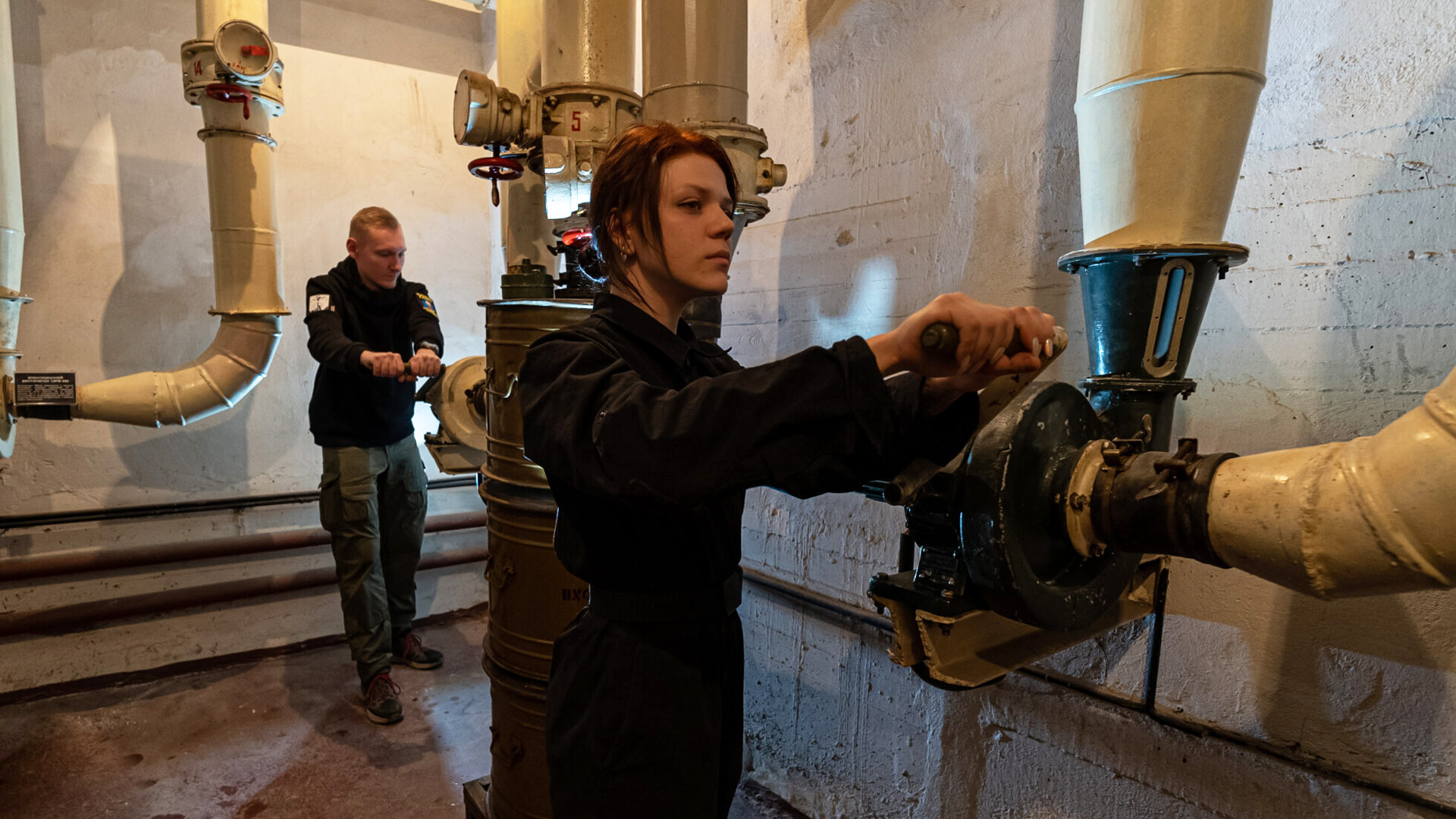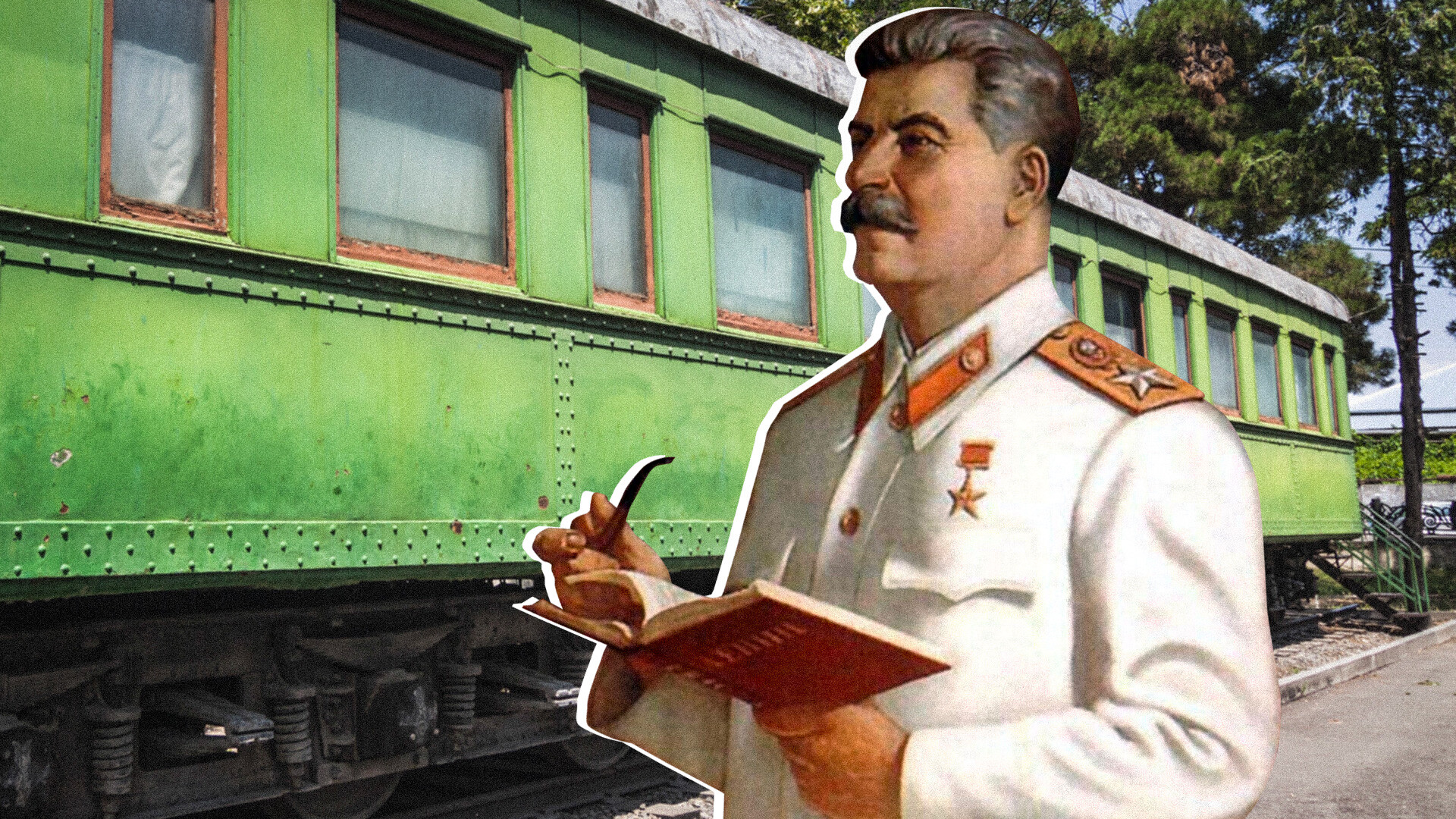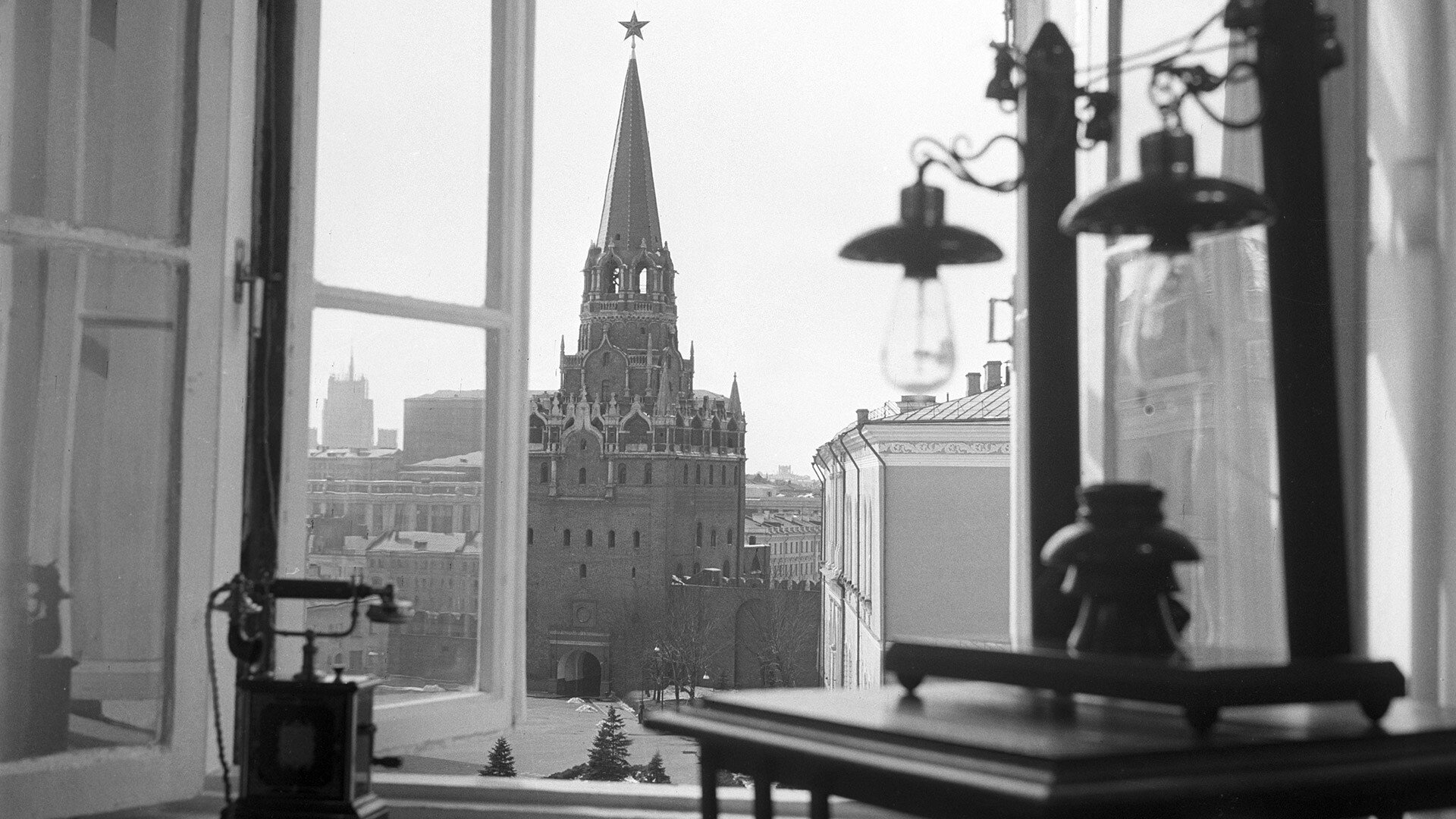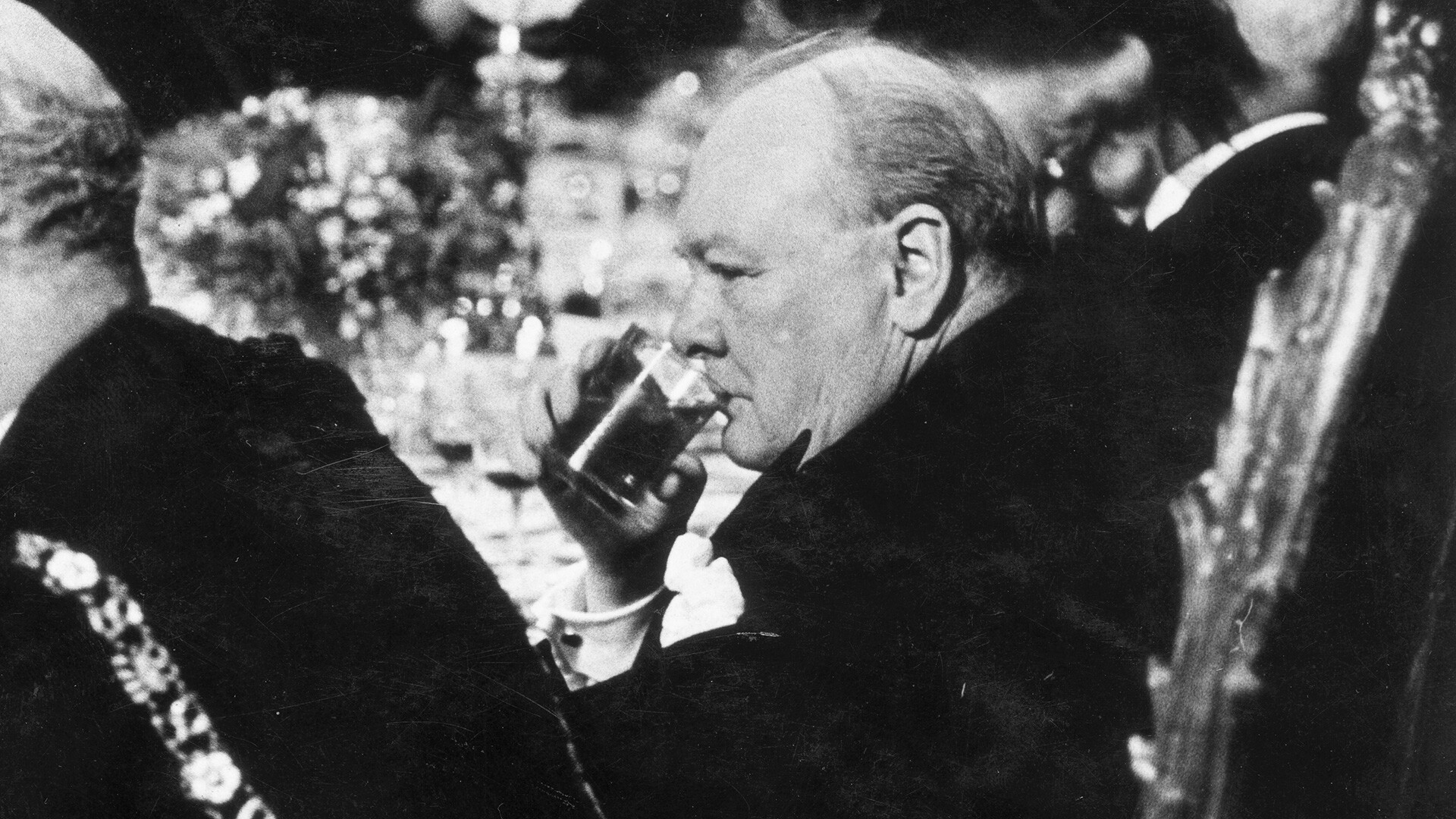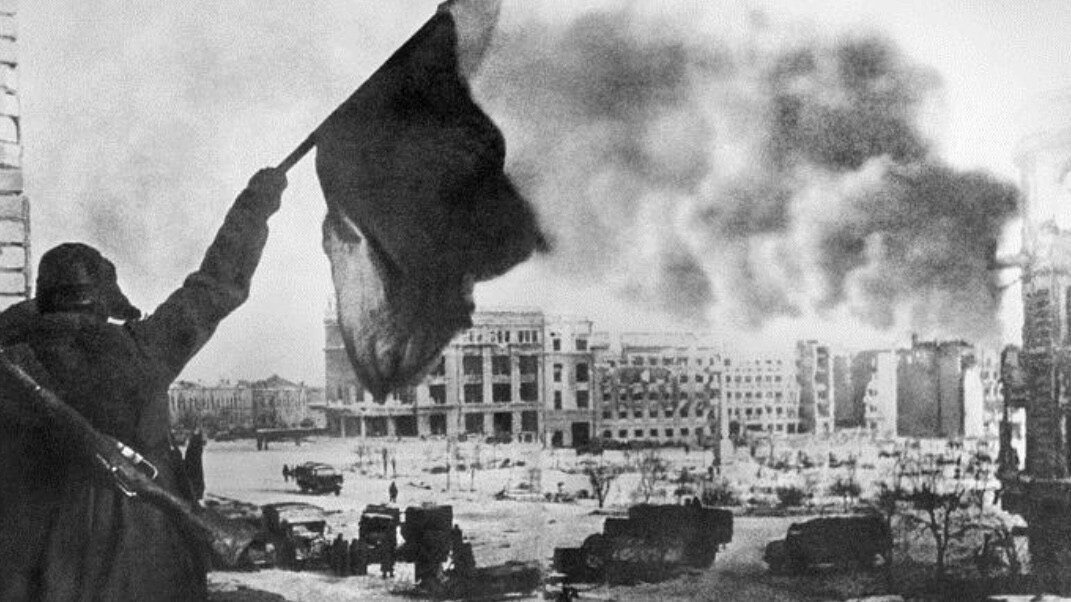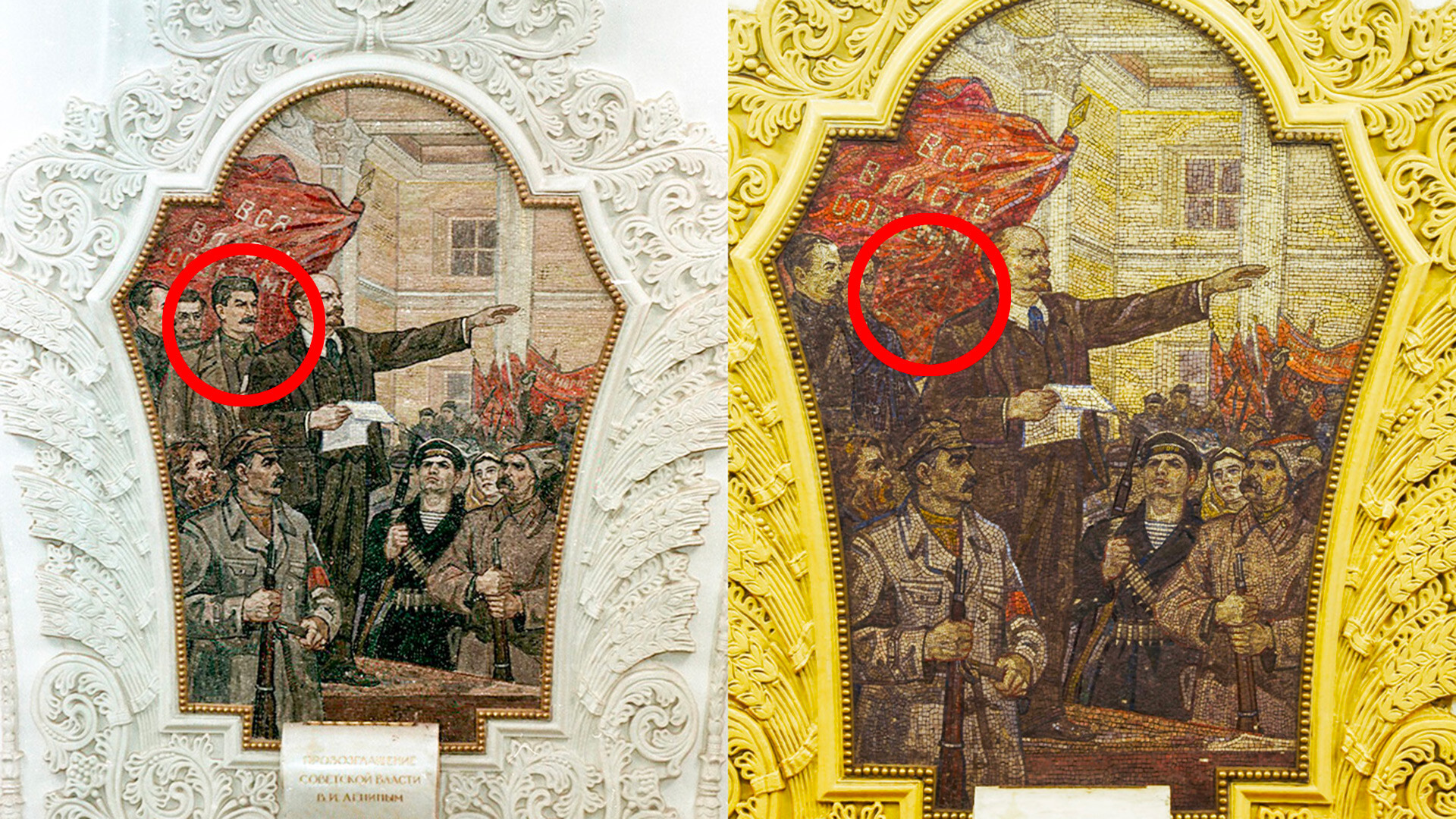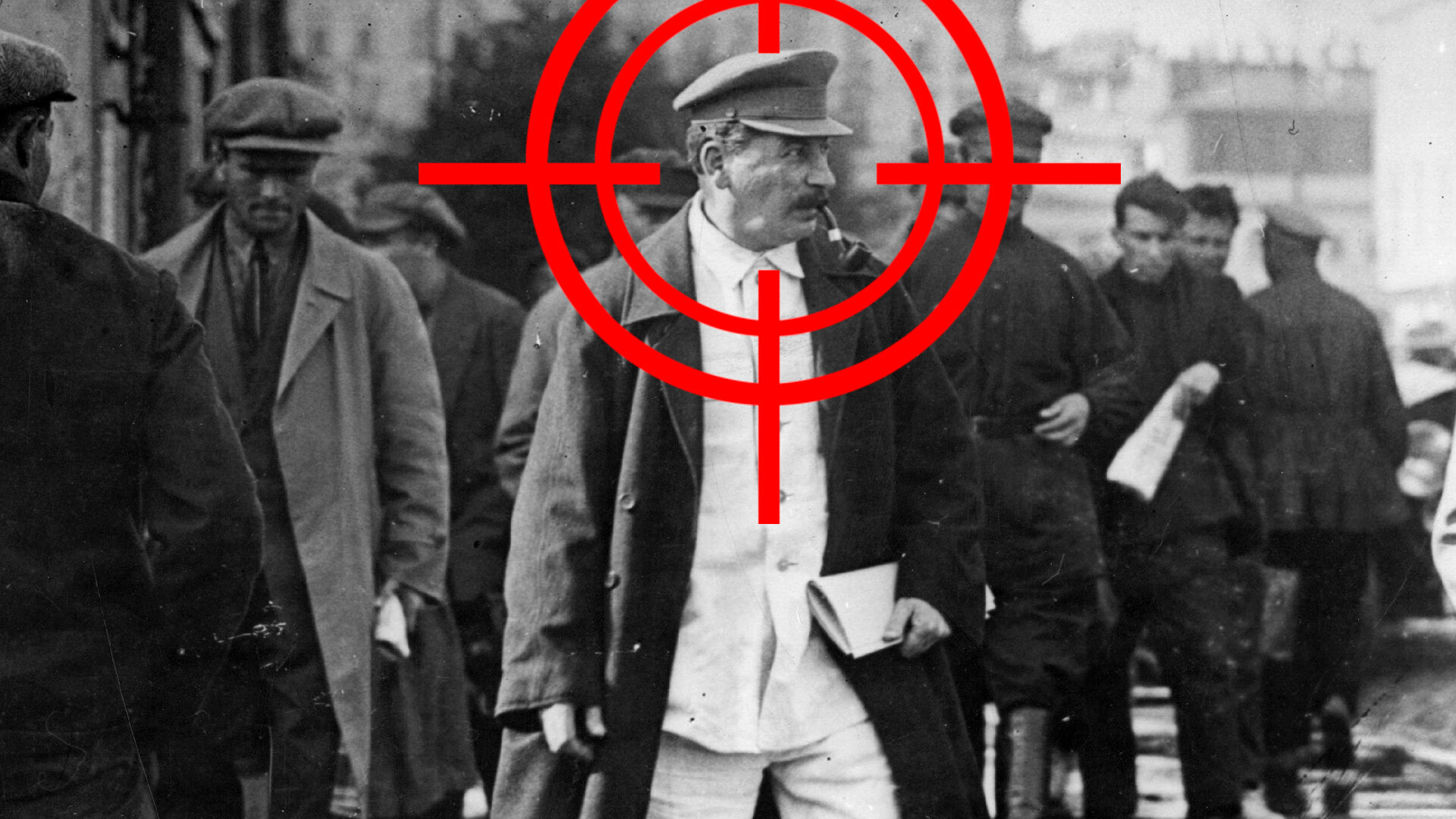
12 cities named after Stalin (PHOTOS)

1. Volgograd (Stalingrad)
 Stalingrad before World War II.
Stalingrad before World War II.
In 1925, Tsaritsyn received a name that later would become known throughout the world – Stalingrad. During the de-Stalinization in 1961, a decision was made to rename it. The previous "monarchic" name was not returned and the city was named Volgograd, due to its proximity to the famous river.
2. Dushanbe (Stalinabad)

In 1929, the Tajik city of Dyushambe was renamed Stalinabad, which meant ‘Stalin's city’. In 1961, its historical name was returned, but in a slightly modified form – Dushanbe. Today, it is the capital of the Republic of Tajikistan.
3. Khashuri (Stalinisi)

This small town in central Georgia bore the name of the leader (Stalinisi) for a very short time – from 1931 to 1934. In 2000, they even restored a monument to Stalin, but it was torn down in 2008.
4. Novokuznetsk (Stalinsk)

During the period of industrialization, rapidly growing industrial centers were often renamed in honor of Soviet leaders. This happened with Novokuznetsk, which bore the name Stalinsk from 1932 to 1961.
5. Tskhinvali (Staliniri)

The current capital of South Ossetia was renamed Staliniri (which means ‘Stalin – Ossetian’) in 1934 – it was believed that the Soviet leader had Ossetian roots. In 1961, the city returned to its original name.
6. Novomoskovsk (Stalinogorsk)
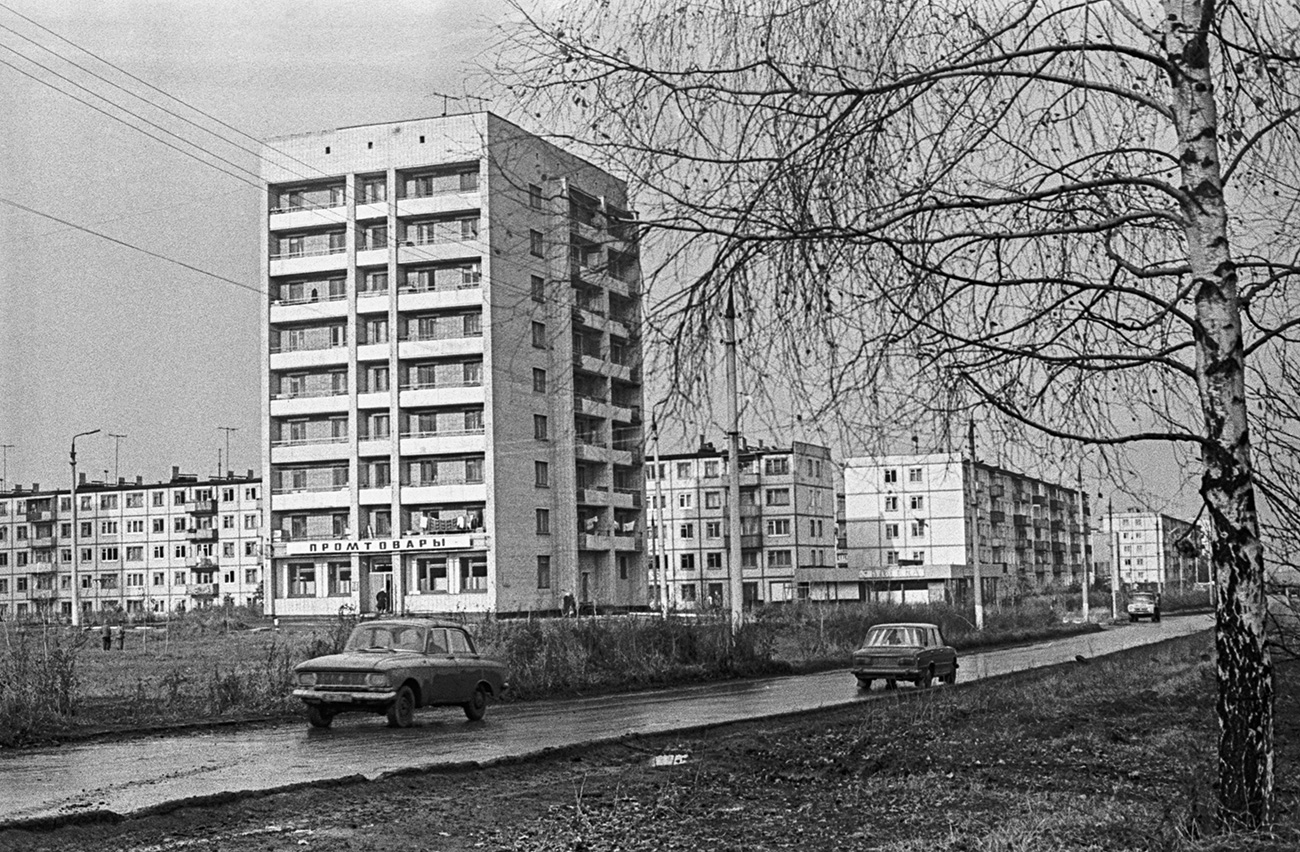
In 1929, construction of the largest chemical plant in the USSR began in the village of Bobriki, southeast of Tula. The following year, the village received city status and began to rapidly develop as an industrial center. In connection with this, in 1934, it was decided to rename it Stalinogorsk. It bore this name until 1961.
7. Varna (Stalin)
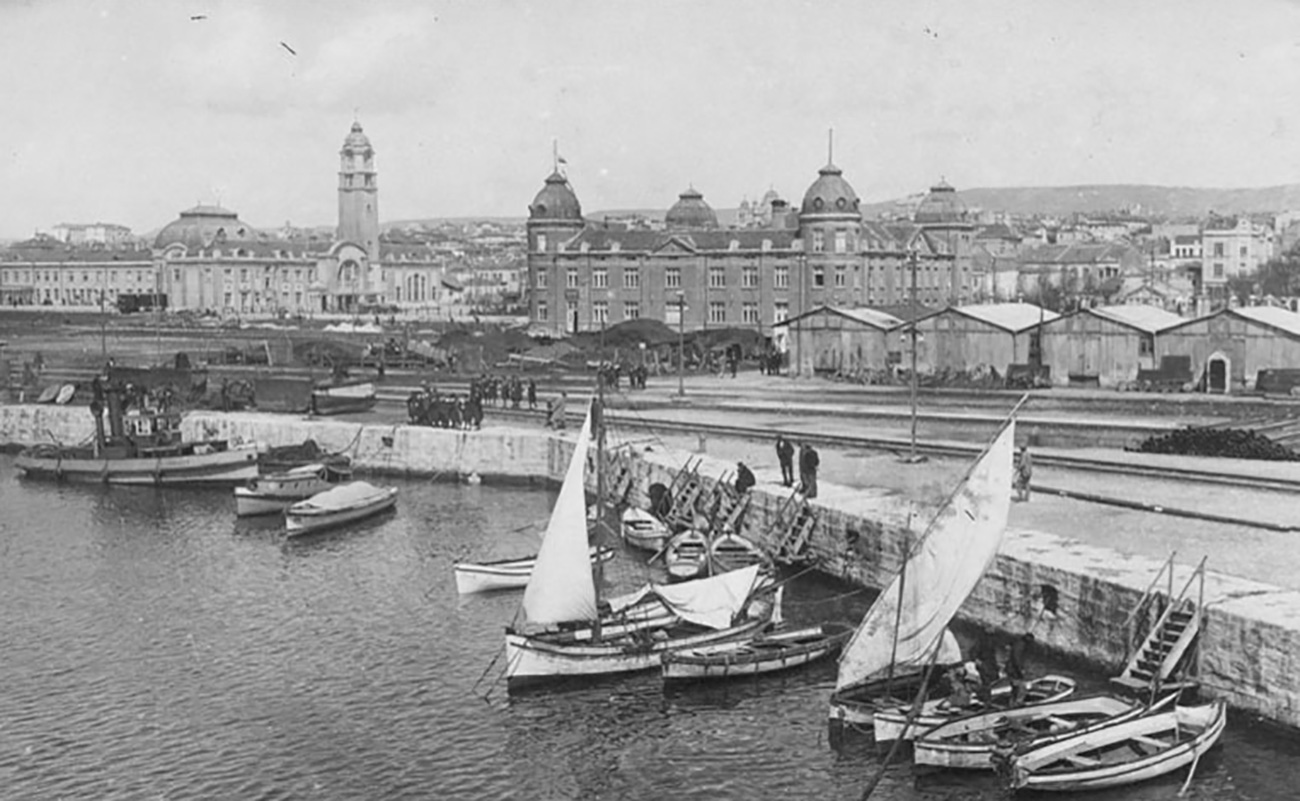
The largest port in Bulgaria was renamed Stalin in honor of the 70th anniversary of the ‘Father of Nations’ in 1949. Unlike cities in the USSR, it was renamed almost immediately after the 20th Congress of the Communist party in 1956, at which Nikita Khrushchev published his sensational ‘On the Cult of Personality and Its Consequences’ report.
8. Katowice (Stalinogród)

On March 9, 1953, four days after Stalin's death, Polish Katowice was renamed Stalinogród (‘Stalin's City’). In 1956, after numerous protests, it was given back its former name.
9. Brasov (Oraşul-Stalin)

On August 22, 1950, Romanian leader Konstantin Parhon ordered the renaming of Brasov "in honor of the great genius of working humanity, the leader of the Soviet people, the liberator and beloved friend of our people, Joseph Vissarionovich Stalin" to Orasul-Stalin (‘Stalin's City’). Brasov bore this name until 1960.
10. Kuçova (Stalin)

The Albanian city of Kuçova bore the name of the Soviet leader for the longest time, practically until the collapse of the socialist bloc. From 1950 to 1990, it was called Stalin.
11. Dunaújváros (Stalinváros)

The youngest city in Hungary was built during the period of large-scale industrialization in Hungary in 1952 and was named Stalinváros (‘Stalingrad’). In 1961, it received its current name.
12. Eisenhüttenstadt (Stalinstadt)

From 1953 to 1961, the name Stalinstadt was borne by a young industrial city in the state of Brandenburg. Its modern name literally translates as ‘ironwork city’.





